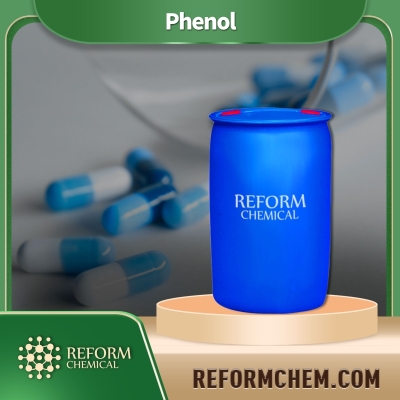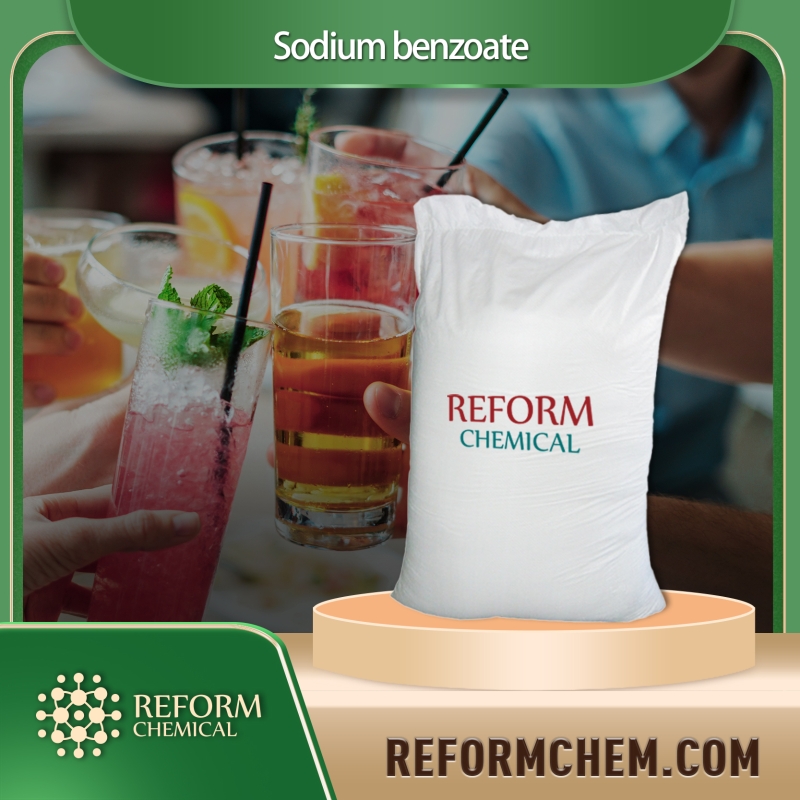-
Categories
-
Pharmaceutical Intermediates
-
Active Pharmaceutical Ingredients
-
Food Additives
- Industrial Coatings
- Agrochemicals
- Dyes and Pigments
- Surfactant
- Flavors and Fragrances
- Chemical Reagents
- Catalyst and Auxiliary
- Natural Products
- Inorganic Chemistry
-
Organic Chemistry
-
Biochemical Engineering
- Analytical Chemistry
-
Cosmetic Ingredient
- Water Treatment Chemical
-
Pharmaceutical Intermediates
Promotion
ECHEMI Mall
Wholesale
Weekly Price
Exhibition
News
-
Trade Service
▎WuXi AppTec Content Team Editor Recently, Pfizer announced that the US FDA accepted and granted its supplementary biological product license application (sBLA) for its 20-valent pneumococcal vaccine (20vPnC).
Priority is given to eligibility for the prevention of invasive pneumococcal disease (caused by 20 serotypes of Streptococcus pneumoniae) and associated otitis media (caused by 7 of 20 serotypes)
in infants and children aged 6 to 17 weeks.
The press release notes that if approved, the vaccine will be the most widely serotype-covered infant/pediatric pneumococcal conjugate vaccine and is expected to help prevent more existing clinical burden
of disease that cannot be ignored.
Pneumococcal disease is a disease
caused by infection with Streptococcus pneumoniae.
Pneumococcus is a gram-positive, facultative anaerobic bacterium with more than 90 serotypes
.
The bacteria can cause severe symptoms
such as pneumonia, meningitis, blood infections, and sinus infections.
The disease affects children differently than adults, and children under 2 years of age are particularly susceptible to pneumococcal
infection.
Certain pneumococcal serotypes are more harmful to children, including serotypes 22F, 33F and 3, which account for more than
a quarter of all cases of invasive pneumococcal disease in children under 5 years of age.
Conjugate vaccines are the chemical coupling of polysaccharide or oligosaccharide antigens to protein
carriers.
It is able to better stimulate the immune response in adults and children, thereby encouraging B cells to produce IgG antibodies
.
The 20vPnC vaccine developed by Pfizer includes 13 serotypes contained in the marketed Prevnar 13, as well as 7 new serotypes
.
Seven additional serotypes were associated with
invasive pneumococcal disease, high case fatality rates, antibiotic resistance, and/or meningitis.
This priority review shortens the standard sBLA review period for 20vPnC vaccines by four months, with the PDUFA target date set for April
2023.
The FDA has granted 20vPnC fast-track vaccine designation and breakthrough therapy designation
.
On June 8, 2021, the FDA approved the vaccine for the prevention of invasive disease and pneumonia
caused by the 20 pneumococcal serotypes in adults over the age of 18.
In September 2022, Pfizer announced positive top-line results from its pivotal Phase 3 clinical trial in infants and young children in the European Union, and submitted a paediatric
indication application for the 20vPnC vaccine to the European Medicines Agency (EMA) in November of the same year.
This regulatory submission is supported
by the results of the 20vPnC vaccine in clinical trials related to multiple pediatric indications.
Three core Phase 3 pediatric studies provide data to support the vaccine's safety, tolerability and immunogenicity, including the positive top-line results
of a previously published pivotal Phase 3 study in the United States.
In these studies, about 3500 infants and 800 children
of all ages were enrolled.
Further data from a Phase 2 proof-of-concept study of 460 U.
S.
infants to evaluate the safety and immunogenicity of the 20vPnC vaccine are supported by other previously published positive data
.
Dr.
Annaliesa Anderson, Chief Scientific Officer for Pfizer Vaccine Development, said: "Today's regulatory milestone further advances Pfizer's more than 20-year commitment to protect infants and children from invasive pneumococcal disease through conjugated
vaccines.
If approved, the 20vPnC vaccine will provide the widest coverage of serotypes against the important serotypes that cause pneumococcal disease in infants and children in the United States, and will help expand protection
for this vulnerable group of children.
▲
To learn more about the application of cutting-edge technologies in the biomedical industry, please press and hold to scan the QR code above to visit the "WuXi Live Room" to watch live discussions and highlights of related topics
Priority is given to eligibility for the prevention of invasive pneumococcal disease (caused by 20 serotypes of Streptococcus pneumoniae) and associated otitis media (caused by 7 of 20 serotypes)
in infants and children aged 6 to 17 weeks.
The press release notes that if approved, the vaccine will be the most widely serotype-covered infant/pediatric pneumococcal conjugate vaccine and is expected to help prevent more existing clinical burden
of disease that cannot be ignored.
Pneumococcal disease is a disease
caused by infection with Streptococcus pneumoniae.
Pneumococcus is a gram-positive, facultative anaerobic bacterium with more than 90 serotypes
.
The bacteria can cause severe symptoms
such as pneumonia, meningitis, blood infections, and sinus infections.
The disease affects children differently than adults, and children under 2 years of age are particularly susceptible to pneumococcal
infection.
Certain pneumococcal serotypes are more harmful to children, including serotypes 22F, 33F and 3, which account for more than
a quarter of all cases of invasive pneumococcal disease in children under 5 years of age.
Conjugate vaccines are the chemical coupling of polysaccharide or oligosaccharide antigens to protein
carriers.
It is able to better stimulate the immune response in adults and children, thereby encouraging B cells to produce IgG antibodies
.
The 20vPnC vaccine developed by Pfizer includes 13 serotypes contained in the marketed Prevnar 13, as well as 7 new serotypes
.
Seven additional serotypes were associated with
invasive pneumococcal disease, high case fatality rates, antibiotic resistance, and/or meningitis.
This priority review shortens the standard sBLA review period for 20vPnC vaccines by four months, with the PDUFA target date set for April
2023.
The FDA has granted 20vPnC fast-track vaccine designation and breakthrough therapy designation
.
On June 8, 2021, the FDA approved the vaccine for the prevention of invasive disease and pneumonia
caused by the 20 pneumococcal serotypes in adults over the age of 18.
In September 2022, Pfizer announced positive top-line results from its pivotal Phase 3 clinical trial in infants and young children in the European Union, and submitted a paediatric
indication application for the 20vPnC vaccine to the European Medicines Agency (EMA) in November of the same year.
Image source: 123RF
This regulatory submission is supported
by the results of the 20vPnC vaccine in clinical trials related to multiple pediatric indications.
Three core Phase 3 pediatric studies provide data to support the vaccine's safety, tolerability and immunogenicity, including the positive top-line results
of a previously published pivotal Phase 3 study in the United States.
In these studies, about 3500 infants and 800 children
of all ages were enrolled.
Further data from a Phase 2 proof-of-concept study of 460 U.
S.
infants to evaluate the safety and immunogenicity of the 20vPnC vaccine are supported by other previously published positive data
.
Dr.
Annaliesa Anderson, Chief Scientific Officer for Pfizer Vaccine Development, said: "Today's regulatory milestone further advances Pfizer's more than 20-year commitment to protect infants and children from invasive pneumococcal disease through conjugated
vaccines.
If approved, the 20vPnC vaccine will provide the widest coverage of serotypes against the important serotypes that cause pneumococcal disease in infants and children in the United States, and will help expand protection
for this vulnerable group of children.
▲
To learn more about the application of cutting-edge technologies in the biomedical industry, please press and hold to scan the QR code above to visit the "WuXi Live Room" to watch live discussions and highlights of related topics
Resources:
[1] U.
S.
FDA Accepts for Priority Review the Supplemental Biologics License Application for Pfizer’s 20-Valent Pneumococcal Conjugate Vaccine in Infants and Children.
Retrieved January 9, 2023, from _mstmutation="1" _msthash="162190" _msttexthash="98768267">Disclaimer: WuXi AppTec's content team focuses on global biomedical health research progress
.
This article is for informational purposes only, and the views expressed in this article do not represent the position of WuXi AppTec, nor do they represent WuXi AppTec's support or disapproval of the views
expressed in the article.
This article is also not a treatment recommendation
.
For guidance on treatment options, go to a regular hospital
.







